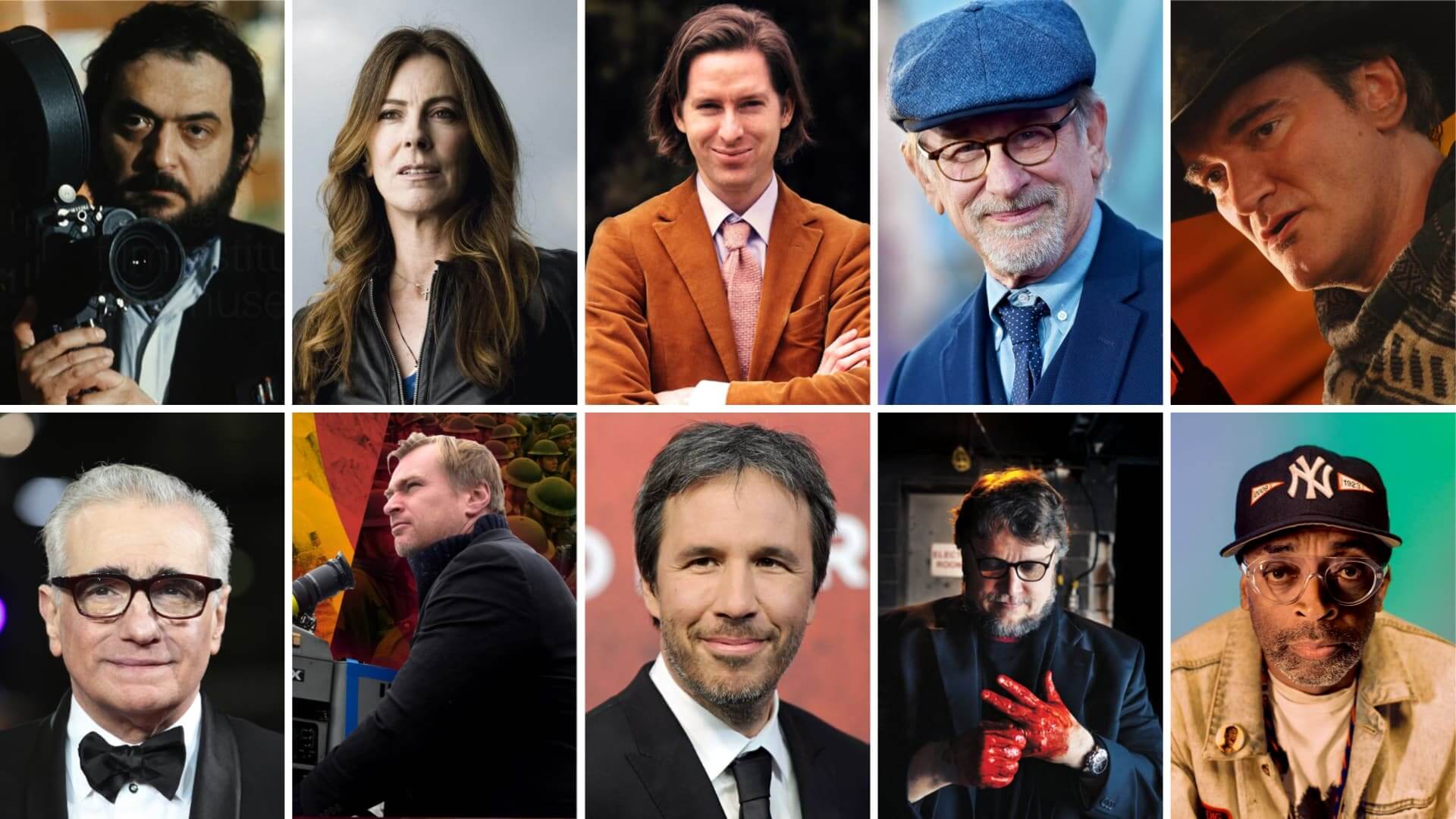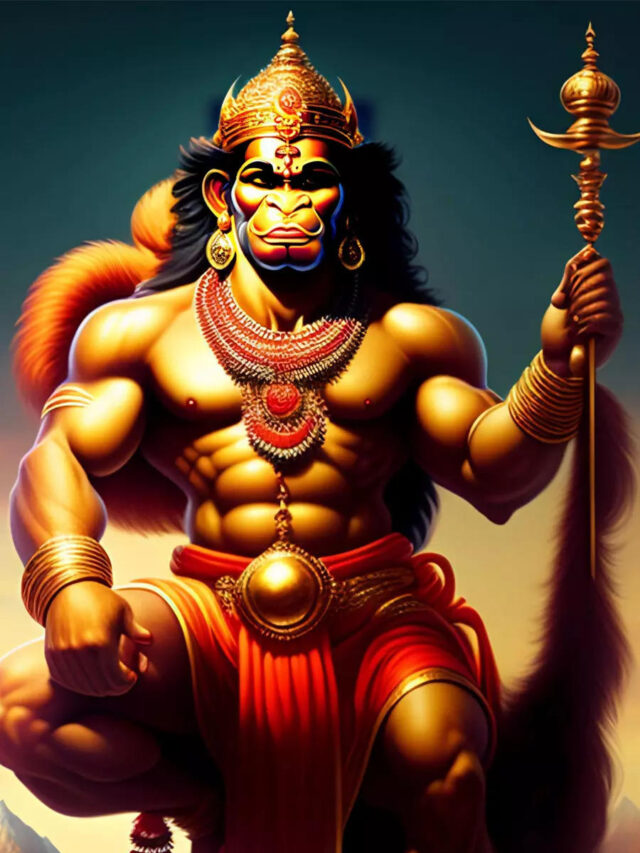Top 10 Hollywood Directors List
1. Steven Spielberg – Master of Hollywood Filmmaking

Renowned American filmmaker Steven Allan Spielberg, a trailblazer in New Hollywood, stands as the most financially successful director in the industry. With numerous accolades, including Academy Awards for Best Director, the Kennedy Center Honors, AFI Life Achievement Award, and the Cecil B. DeMille Award, Spielberg’s impact on cinema is immeasurable.
Born in Phoenix, Arizona, Spielberg’s journey into cinema started in California, where he studied the art. His directorial debut, “Duel,” received critical acclaim, followed by the success of “Jaws” (1975) and iconic films like “E.T.,” “Indiana Jones” series, and “Schindler’s List” (1993). Spielberg’s collaborations with composer John Williams are legendary, and many of his films rank among the highest-grossing of all time.
2. Alfred Hitchcock – The Master of Suspense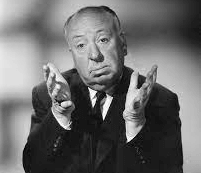
Sir Alfred Joseph Hitchcock, an English filmmaker, left an indelible mark on cinema with almost 50 films spanning six decades. Often referred to as the “Master of Suspense,” Hitchcock’s work garnered 46 Academy Award nominations and six wins. His groundbreaking films like “The Lodger” and “Blackmail” marked the transition to talkies in British cinema.
Hitchcock’s move to Hollywood in 1955 resulted in classics such as “Vertigo” and “Psycho.” His influence on the thriller genre is evident in his collaborations with stars like Cary Grant, Ingrid Bergman, and Grace Kelly. Hitchcock’s impact on film history is highlighted by his films’ inclusion in the U.S. National Film Registry.
3. Martin Scorsese – Maestro of Italian-American Cinema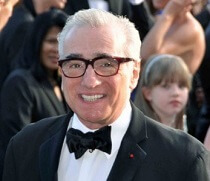
Acclaimed American director Martin Scorsese has left an indelible mark on cinema, earning multiple awards, including Oscars, Emmys, and Golden Globes. Rooted in his Italian-American heritage, Scorsese’s films delve into themes of criminality, machismo, and Catholic guilt.
From “Mean Streets” (1973) to classics like “Taxi Driver” (1976) and “Goodfellas” (1990), Scorsese’s distinctive techniques, including slow motion and graphic violence, captivate audiences. Beyond filmmaking, he has contributed significantly to preserving film heritage, establishing foundations, and directing documentaries.
4. Christopher Nolan – Visionary Filmmaker
British-American filmmaker Christopher Nolan has carved a niche with visually stunning and intellectually stimulating films. With over $5 billion in global box office earnings and 11 Oscar nominations, Nolan’s impact on cinema is undeniable.
From his debut “Following” (1998) to blockbusters like “Inception” (2010) and “Dunkirk” (2017), Nolan’s films explore complex themes like human morality and time manipulation. His contribution to cinema was recognized with the Order of the British Empire in 2019 and a spot on Time’s 100 most influential people list.
5. James Cameron – Pioneer of Epic Filmmaking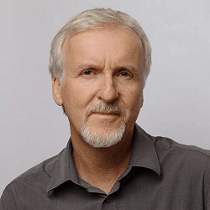
Canadian filmmaker James Cameron’s diverse career spans genres, with a focus on science fiction and epic films. From “The Terminator” (1984) to the groundbreaking “Avatar” (2009), Cameron’s work has earned accolades and set box office records.
A pioneer in 3D technology and underwater filmmaking, Cameron’s films, including “Titanic,” stand among the highest-grossing of all time. Beyond filmmaking, he is an environmentalist, further adding to his multifaceted contributions.
6. James Francis Coppola
Directors James Francis Cameron is a Canadian filmmaker who has worked in various genres. He is most renowned for directing science fiction and epic films, and he originally earned widespread attention for his work on The Terminator (1984). He was also involved in the direction of Avatar (2009) and Titanic (1997). Titanic received him Academy Award nominations for Best Picture, Best Film Editing, and Best Director, while Avatar won him an Academy Award for Best Film Editing. His performance in Avatar, which they shot in 3D technology, got him nods in the same categories.
7. Quentin Tarantino – Auteur of Pulp Fiction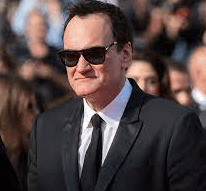
American director Quentin Jerome Tarantino is celebrated for his unique style, characterized by nonlinear plots, dark comedy, and stylized violence. With iconic films like “Pulp Fiction” (1994) and “Kill Bill,” Tarantino has left an indelible mark on pop culture.
Beginning with “Reservoir Dogs” (1992), Tarantino’s films have garnered critical acclaim and numerous awards. Despite controversy, his influence on cinema earned him a star on the Hollywood Walk of Fame.
8. Guy Ritchie – British Filmmaking Maverick
English filmmaker Guy Stuart Ritchie’s dynamic career encompasses British mobster flicks and blockbusters like “Sherlock Holmes.” From “Lock, Stock and Two Smoking Barrels” (1998) to recent hits like “The Gentlemen” (2019), Ritchie’s films display a unique blend of style and storytelling.
Ritchie’s success extends to diverse projects, including the live-action adaptation of Disney’s “Aladdin” (2019), showcasing his versatility as a director.
9. David Fincher – Master of Psychological Thrillers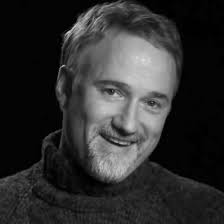
American film director David Fincher, known for psychological thrillers and biographical dramas, has earned acclaim and multiple Oscar nominations. From “Seven” (1995) to “The Social Network” (2010), Fincher’s films delve into complex narratives and psychological depths.
Beyond his success in feature films, Fincher’s contributions to television, with series like “House of Cards” and “Mindhunter,” showcase his prowess as a storyteller across mediums.
10. George Lucas – Visionary Creator of Star Wars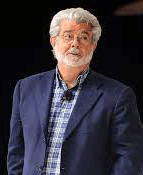
American entrepreneur, filmmaker, and producer George Walton Jr. is best known for creating the iconic “Star Wars” franchise. His contributions to modern blockbusters and the New Hollywood movement have solidified his place in cinema history.
Lucas, co-founder of American Zoetrope, achieved global success with “Star Wars” (1977), revolutionizing filmmaking and creating a cultural phenomenon. His impact extends beyond cinema, with numerous awards and recognition for his visionary contributions.
